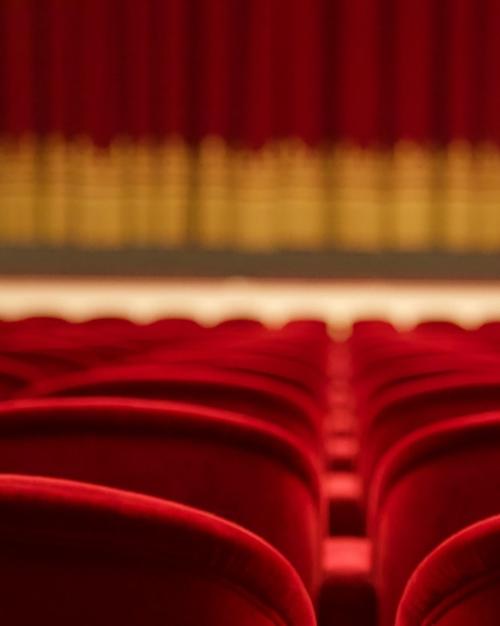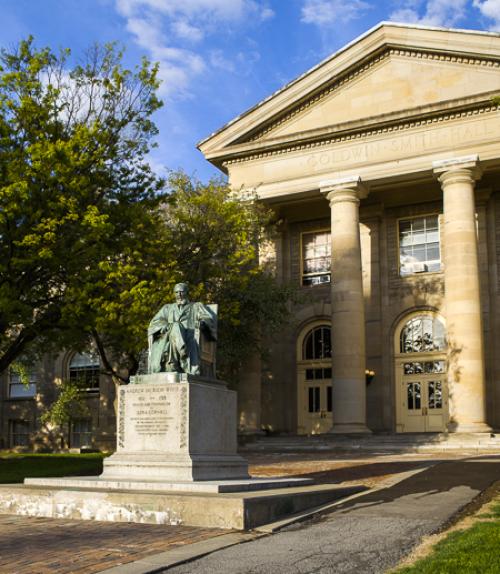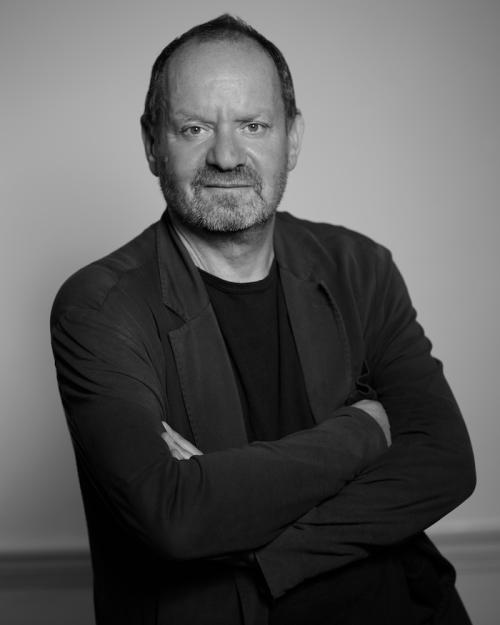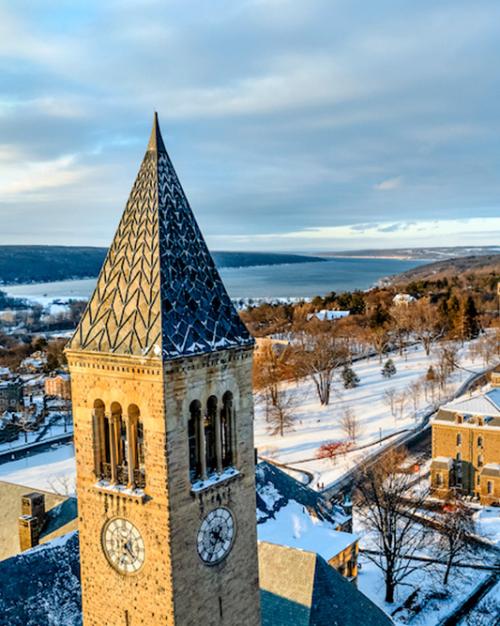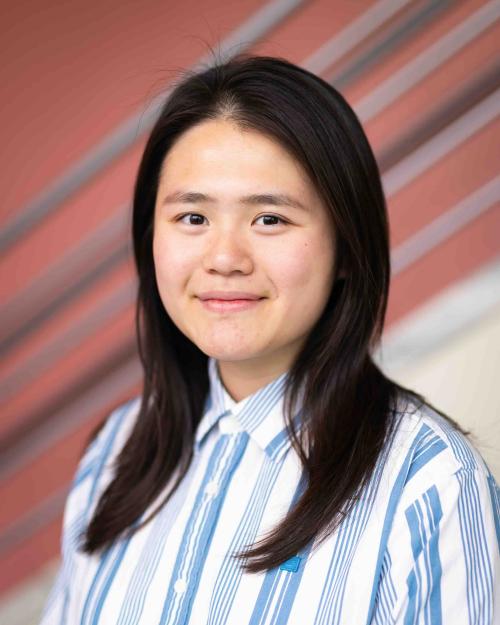Gaveal Fan
Robert S. Harrison College Scholar, Sociology & Information Science
Chengdu, China
What is your main extracurricular activity and why is it important to you?
I spent all four years in the Cornell Speech and Debate Society (CSDS), starting as a varsity member of the Worlds/British Parliamentary debate team and am now the president of the whole society. As I had many years of debating experience before college, it was intuitive for me to continue debating in college, practicing my public speaking and analytical reasoning skills and traveling to different tournaments to meet friends from other colleges. But as my years added up in CSDS, I started to feel the responsibility of passing down the legacy to the next-generation Cornell debaters and making debate more accessible to the newbies. With this will, I led the annual CSDS crowdfunding campaign to better support our tryout-free speech and debate teams in CSDS. In the most recent one, we had over 200 donors, raising more than $40,000, which all went to our travel funding for all teams. In my four years at Cornell, CSDS is more than an extracurricular activity to me – it is my family.
What Cornell memory do you treasure the most?
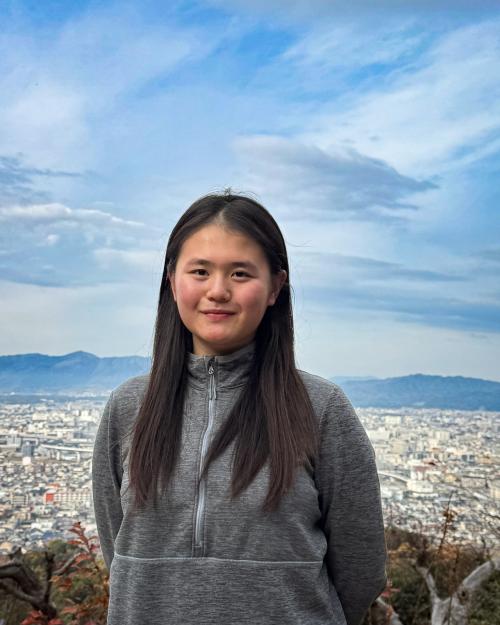
My junior summer with the Bowers Undergraduate Research Experience was the Cornell memory I treasure the most. I was a full-time researcher under the guidance of Prof. Yian Yin and I developed a project from 0 to 1, transitioning my mindset from a student to a researcher. It was a lot of confusion, reflection and eventually a-ha moments that laid a solid foundation for my training to conduct rigorous scientific research in the future. I am extremely grateful to my advisor for not assigning me research-assisting tasks but letting me develop my own projects and giving me a sense of what scientific collaboration with him is like. I also got to experience the wonderful summertime in Ithaca, did much kayaking on Cayuga Lake, hiking in the state parks and strawberry picking on the farms nearby.
What have you accomplished as a Cornell student that you are most proud of?
I was selected as one of the second cohort of Laidlaw Scholars at Cornell and spent my freshman and sophomore summers in research and leadership-in-action projects. I joined the Xenophobia Meter Project in my freshman summer with Prof. Beth Lyon from Cornell Law School, fine-tuning a machine learning algorithm to identify xenophobic sentiments from texts. This experience set up a great foundation for my research career in college and we even developed some follow-up research projects after the summer work. In my sophomore summer, I worked with the Cornell-VinUni program to conduct an ethnographic interview study on the adverse childhood experience in Hanoi, Vietnam. Both experiences with the Laidlaw Scholarship contributed tremendously to my educational growth and skill-building.
How have your beliefs or perspectives changed since you first arrived at Cornell?
I entered Cornell as a sociology and government major, with zero computational or quantitative background. Taking Networks in my first semester here has made me realize that the research questions I was interested in could only be addressed with mixed methods, and computational proficiency was not that hard to accumulate especially at Cornell, which has a very strong faculty and environment in computational methods. I took my first programming class in freshman spring and have ever since become a practitioner of computational social science. Cornell has made me discover that there should be no limit to the type of questions I ask, and there is always a way to find an answer for it.
Who or what influenced your Cornell education the most?
I applied to Cornell because I read Prof. Michael Macy’s works in high school and have been intrigued by them since then. After coming to Cornell, I took his Six Pretty Good Books course, where he and his co-instructor structured the course to be about reading six world-famous books in 12 weeks, and they invited the authors to class to answer students’ questions. One author invited in my year was Daniel Kahneman, who won the Nobel Prize in 2002. Learning with Prof. Macy has broadened my horizons with a type of education that I’ve never received before. Later I had Prof. Macy on my College Scholar thesis committee, where I was able to produce my own research project under his guidance. Interacting with Prof. Macy has inspired me with a clearer research direction and has equipped me with a stronger skillset to become a computational social science researcher.
Every year, our faculty nominate graduating Arts & Sciences students to be featured as part of our Extraordinary Journeys series.Read more about the Class of 2025.
